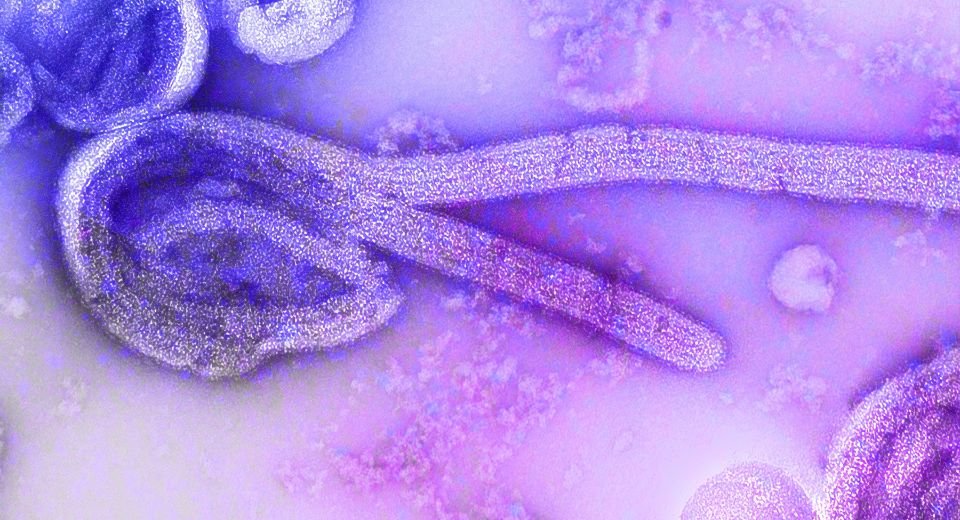HQ Team
February 15, 2023: The WHO will convene an urgent Marburg virus vaccine consortium meeting to discuss the new virus disease outbreak in Equatorial Guinea, which has claimed nine lives so far.
“Marburg is highly infectious,” said Dr Matshidiso Moeti, WHO Regional Director for Africa. “Thanks to the rapid and decisive action by the Equatorial Guinean authorities in confirming the disease, emergency response can get to full steam quickly so that we save lives and halt the virus as soon as possible.”
The MARVAC includes vaccine research and development leaders working together to develop vaccines against this infectious disease threat, and the global agency intimated through an email.
Equatorial Guinea, on February 13, confirmed its first-ever outbreak of Marburg virus disease. Nine deaths have been reported in the country’s western Kie Ntem Province due to viral haemorrhagic fever.
Institut Pasteur
The health authorities sent samples to the Institut Pasteur reference laboratory in Senegal with support from World Health Organization to determine the cause of the disease after a district health official alert on February 7.
Of the eight samples tested at Institut Pasteur, one was positive for the virus. So far, nine deaths and 16 suspected cases with symptoms including fever, fatigue, blood-stained vomit, and diarrhoea have been reported.
Further investigations are ongoing. According to a WHO statement, advanced teams have been deployed in the affected districts to trace contacts, isolate and provide medical care to people showing symptoms of the disease.
Efforts are also underway to rapidly mount an emergency response, with WHO deploying health emergency experts in epidemiology, case management, infection prevention, laboratory and risk communication to support the national response efforts and secure community collaboration in the outbreak control.
WHO is also facilitating the shipment of laboratory glove tents for sample testing and one viral haemorrhagic fever kit that includes personal protective equipment that 500 health workers can use.
Same family as Ebola
Marburg virus is a highly virulent disease that causes haemorrhagic fever, with a fatality ratio of up to 88%.
It is in the same family as the virus that causes Ebola virus disease. Illness caused by the Marburg virus begins abruptly, with high fever, severe headache and severe malaise.
Many patients develop severe haemorrhagic symptoms within seven days. The virus is transmitted to people from fruit bats and spreads among humans through direct contact with the bodily fluids of infected people, surfaces and materials.
There are no vaccines or antiviral treatments approved to treat the virus.
However, supportive care – rehydration with oral or intravenous fluids – and treatment of specific symptoms improve survival.
Immune therapies under evaluation
A range of potential treatments, including blood products, immune and drug therapies, and candidate vaccines with phase 1 data, are being evaluated.
According to the Centers for Disease Control and Prevention, the rare fever affects both people and non-human pirates. The virus is part of the filovirus family.
The six species of Ebola virus are the only known members of the filovirus family. Marburg virus was first recognized in 1967, when hemorrhagic fever outbreaks coincided in laboratories in Marburg and Frankfurt, Germany and Belgrade, Yugoslavia, now Serbia.




1 Comment